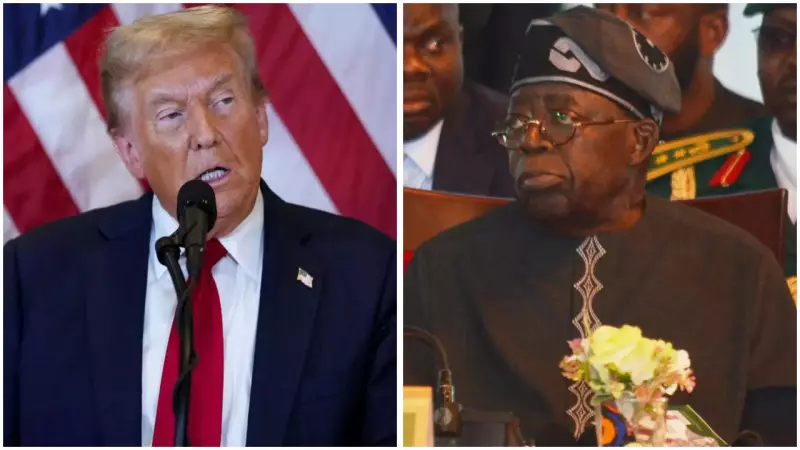
In a bold diplomatic countermove, Nigeria is vigorously defending its religious freedom credentials following its controversial placement on the United States' special watchlist for religious freedom by the Trump administration.
The Nigerian government, through its Minister of Information and National Orientation, Mohammed Idris, has expressed profound disappointment with the designation, calling it a "misrepresentation" of the country's actual religious landscape. Officials argue that the assessment fails to capture the complex reality of interfaith relations in Africa's most populous nation.
A Nation of Religious Coexistence
Nigeria points to its constitutional framework that explicitly guarantees freedom of religion and the peaceful coexistence between its substantial Muslim and Christian populations. The country emphasizes that its diverse religious communities have historically lived and worshipped side by side, with interfaith marriages and shared cultural practices being common across many regions.
"This designation doesn't reflect the true state of religious freedom in Nigeria," stated a government representative. "We have mechanisms and platforms that promote interfaith dialogue and understanding at both federal and state levels."
Questioning the Designation Criteria
Authorities have raised serious questions about the methodology and timing of the US decision, suggesting it may have been influenced by factors beyond genuine religious freedom concerns. The Nigerian government maintains that it has consistently protected the rights of all religious groups and addressed incidents of religious tension through appropriate legal and community channels.
The country's response highlights several key points of contention:
- Constitutional protections for religious practice
- Active interfaith dialogue initiatives
- Historical coexistence of major religions
- Government mechanisms addressing religious concerns
Regional Implications and Future Relations
This development comes at a sensitive time for US-Africa relations, with Nigeria positioning itself as a regional leader in democratic governance and human rights protection. The West African nation's pushback signals its willingness to challenge Western assessments it perceives as unfair or inaccurate.
As the situation develops, Nigeria continues to engage with international partners to present what it describes as a more balanced and accurate picture of religious freedom within its borders. The country remains committed to protecting the rights of all citizens to practice their faith freely while maintaining national unity.





